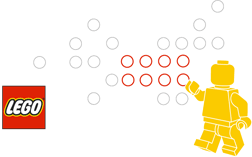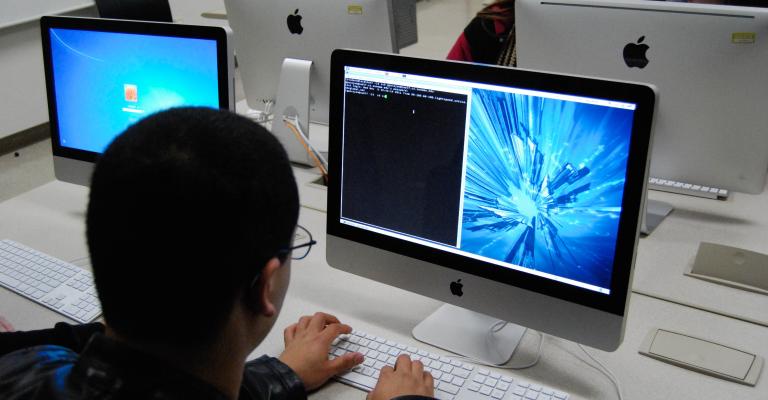CS Colloquium
Spring 2026
Presented by the Computer Science Department
Mondays 12:00 - 12:50pm, Stevenson Hall 1300
All lectures are free and open to the public
Call for Participation Join the Mailing List Colloquium Archive
Privacy and the Power of Unknowing

Lowry Pressley
Stanford
Stevenson 1301
Monday, March 2, 2026
A visionary reexamination of the value of privacy in today’s hypermediated world—not just as a political right but as the key to a life worth living. The parts of our lives that are not being surveilled and turned into data diminish each day. We are able to configure privacy settings on our devices and social media platforms, but we know our efforts pale in comparison to the scale of surveillance capitalism and algorithmic manipulation. In our hyperconnected era, many have begun to wonder whether it is still possible to live a private life, or whether it is no longer worth fighting for. https://www.lowrypressly.com/
How Software Engineering Actually Works in Industry

Jay Pandit
LEGO BrickLink
Stevenson 1301
Monday, March 9, 2026
This talk focuses on real-world engineering practice, system design, and career preparation for internships and early roles. Come learn what it takes to be considered for positions with companies like Lego BrickLink. A special 1hr workshop will follow in the same room as this talk where the speaker will help students craft their resumes and research interests towards landing internships and early positions in the industry.
A Conversation with David Israel -- Pioneer in AI Chat

David Israel
SRI/Stanford
Stevenson 1301
Monday, March 30, 2026
Join us for a fascinating discussion between Professor John P. Sullins (SSU Eng & Comp Sic) and Professor David Israel (SRI/Stanford) about Professor Israel's experiences working on one of the largest AI projects of all time, which resulted in the many AI apps we all talk to every day. We will discuss the state of AI agents today and see if they lived up to the dream of personal AI assistants as they were originally conceived.
Advise-a-palooza for Fall 2026
Dept Event
Overlook (Student Center, 3rd floor)
Monday, April 6, 2026
CS students, join us for Advise-a-palooza for Fall 2026 registration.
Punishing Robots That Do Wrong

Justin Shin
Stanford University
Stevenson 1301
Monday, April 20, 2026
When we hold people accountable for their actions, we often invoke the possibility of punishment. This is especially true in military traditions of dealing with wrongdoing. If the possibility of punishment bears an important role in accountability, and we cannot punish robots, and we require accountability for robots in particular roles, then robots ought not to occupy those roles. How successful this argument is hinges partly on what we count as a successful instance of punishment. I argue that we can and should punish robots. I also argue that, while this debate has so far been constrained to military robots, it is salient for robots and algorithms in other fields, such as carceral algorithms and surveillance robots.
Spring 2026 Short Presentations of Student Research and Awards
Dept Event
Stevenson 1301
Monday, April 27, 2026
Short presentations of research carried out by Sonoma State Computer Science Students, and CS awards.
Spring 2026 Presentations of Student Capstone Projects
Dept Event
Stevenson 1301
Monday, May 4, 2026
Short presentations of capstone projects carried out by Sonoma State Computer Science Students


